
22 Mar 2024 | #AI in Research, #Impact, #OpenScience
To launch our new section ‘AI in Research’ Sascha Schönig spoke to Theresa Züger, head of the Public Interest AI research group, about the influence of AI on her personal day-to-day work in research, as well as on the science system as a whole. She gave some exciting insights about the risks and opportunities AI bears for research work and talked about tools her team is developing at the Alexander von Humboldt Institute for Internet and Society.

14 Nov 2023 | #Authorship, #OpenScience, #Power
Scientists are increasingly expected to engage with the public. At the same time, they face increasing hostility when they speak out. Female scientists, as a more frequent target of sexist hostility, fear being attacked and enjoy speaking out less than their male counterparts. The question arises: Is science communication really feasible for everyone in the current hostile environment? This short analysis focuses on female scientists as a subgroup of a large survey sample and how their assessment of public engagement differs from that of their male counterparts.

07 Nov 2023 | #OpenScience, #Power
In August 2023 Benedikt Fecher conducted an interview with Clemens Blümel from the German Centre for Higher Education Research and Science Studies (DZHW) on the topic of ‘what happens when science opens up and communicates’ and the emerging challenges for future scientific communication.

17 Oct 2023 | #Infrastructure, #OpenScience
In this interview Teresa Völker speaks with Dr. Volker Meyer-Guckel about challenges and possible futures of science communication.

07 Nov 2022 | #OpenScience
Mennatullah Hendawy on six decisions that made her findings from her dissertation, a case study on interdisciplinary urban planning in Cairo, more generalizable.

17 Oct 2022 | #Impact, #OpenScience, #ScientificAdvice
Beck, Poetz & Sauermann on using AI tools when developing novel research ideas as input for writing grant proposals during an experiment at the OIS Research Conference 2022.

03 Aug 2022 | #GlobalScience, #OpenScience
In this Short Analysis, Jefferson Pooley is reviewing/introducing PubPub, a web-based publishing platform hosted by a nonprofit, the Knowledge Futures Group (KFG)
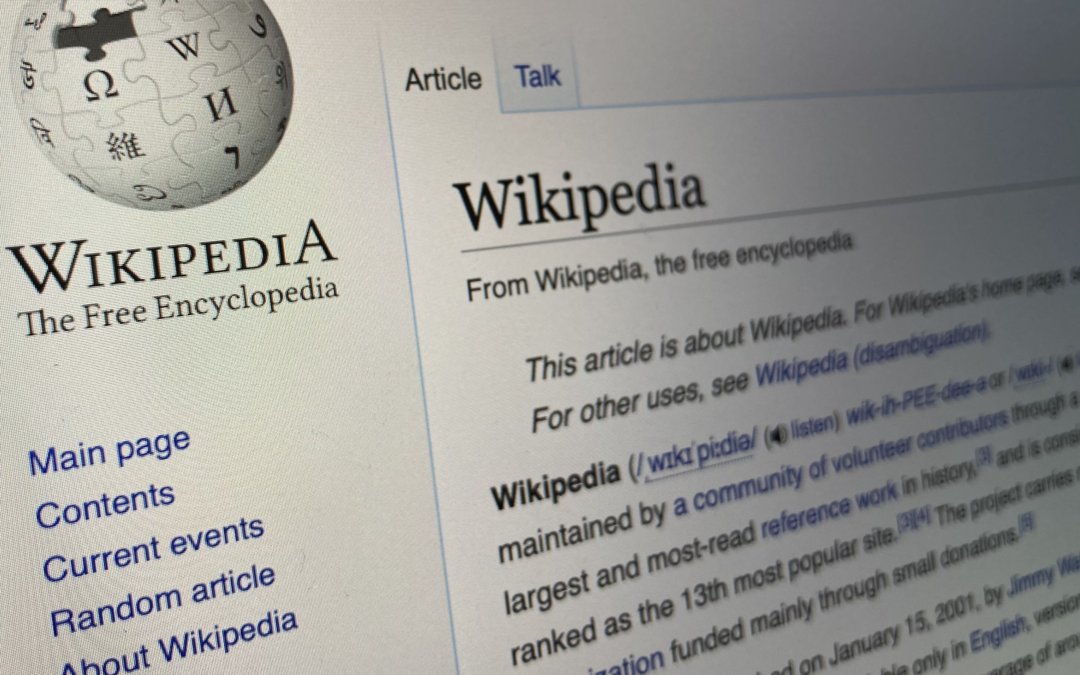
26 Jul 2021 | #Impact, #OpenScience
The Wikipedia community has become a source of information for a broad and global public. Paul and Max argue that contributing to the encyclopedia as a scholar can be a powerful way of achieving a strong societal impact of their own expertise. Furthermore they provide a guide on how to write your first contributions.
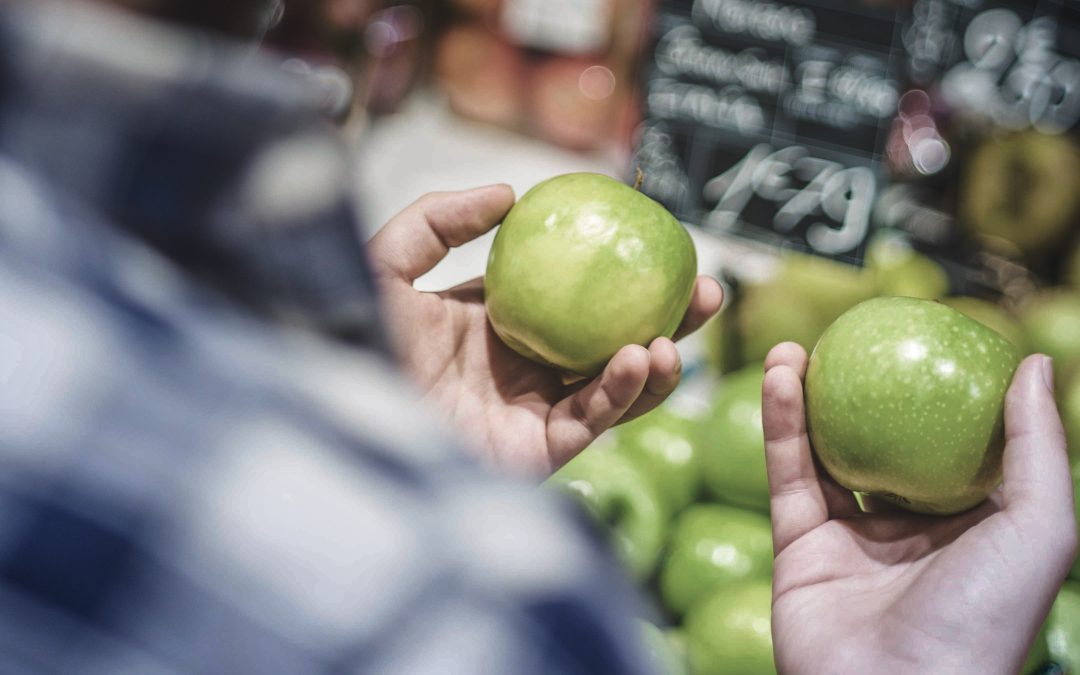
22 Mar 2021 | #OpenScience
Jörg Peters on the lack of replicability of many publications in economics, the role of p-hacking and publication pressure, and reasons for cautious optimism in considering these issues
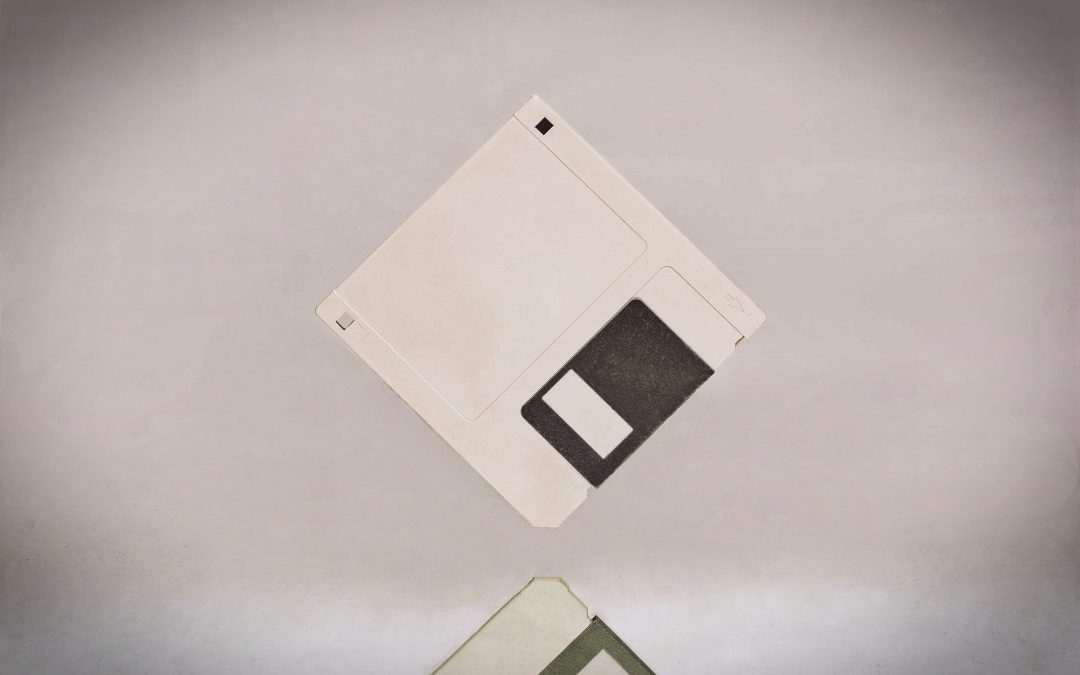
12 Oct 2020 | #OpenScience
Lennart Stoy on the growing problems for the efforts for a science with a rational of open data in the context of upcoming european legislation

08 Sep 2020 | #Ethics, #OpenScience
Mafalda Sandrini and Kata Katz on the need for a culture of failure in academia and its productive potential for the scientific community.
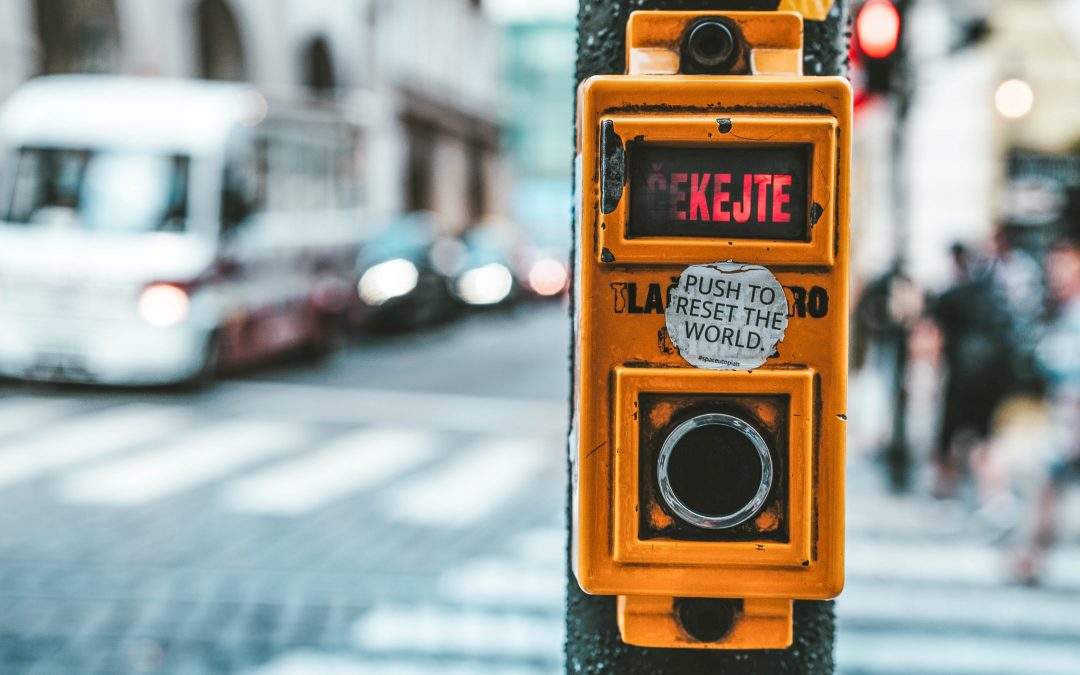
08 Jul 2020 | #COVID-19, #OpenScience
Our editor, Benedikt Fecher on research in post-COVID-19 times and the prospective falsificationist rationale
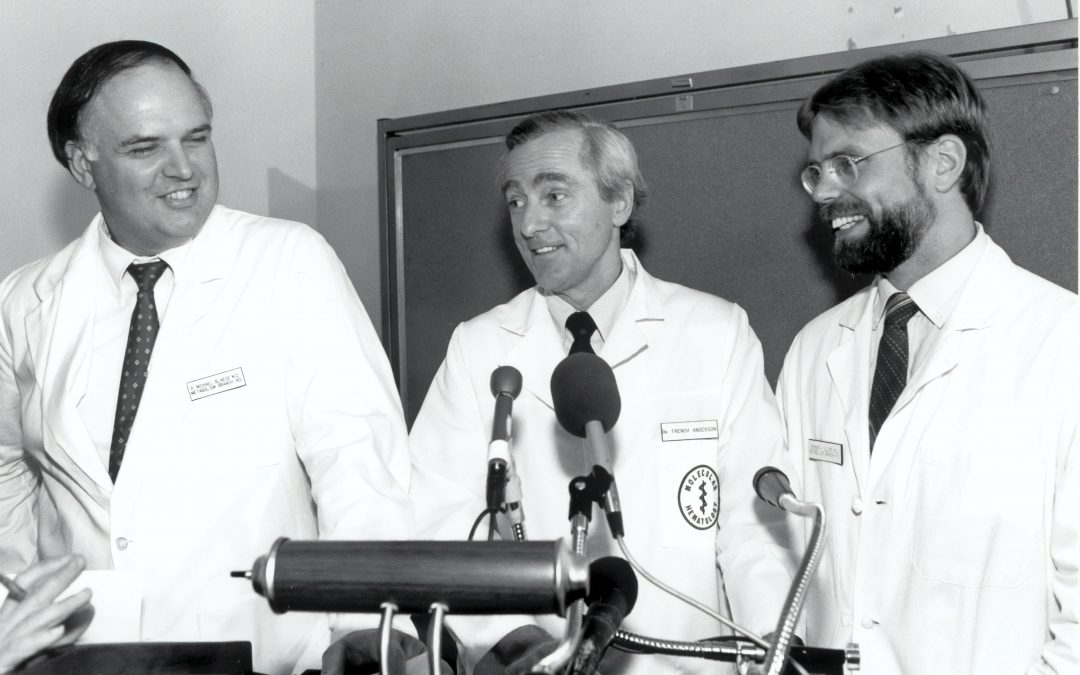
27 Apr 2020 | #COVID-19, #OpenScience
In this piece, Mafalda Sandrini and Kata Katz shed light on the current state of science communication in times of the COVID-19 pandemic, phrase questions on its future and derive fields of action
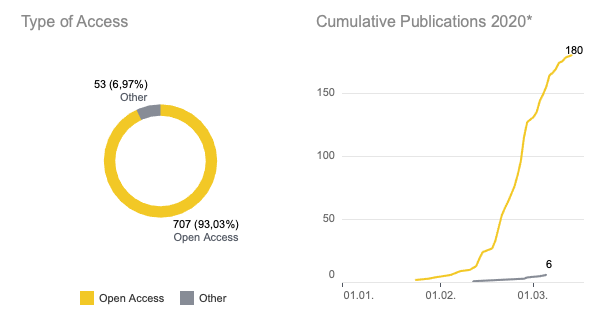
01 Apr 2020 | #COVID-19, #OpenScience
The rise of Open Access publications during the Covid-19 pandemic – a living article and dashboard

30 Mar 2020 | #COVID-19, #OpenScience
Sharing research data openly is becoming more common, but only slowly. Here, I will discuss whether the COVID-19 pandemic will accelerate the adoption of open data as a common academic practice.
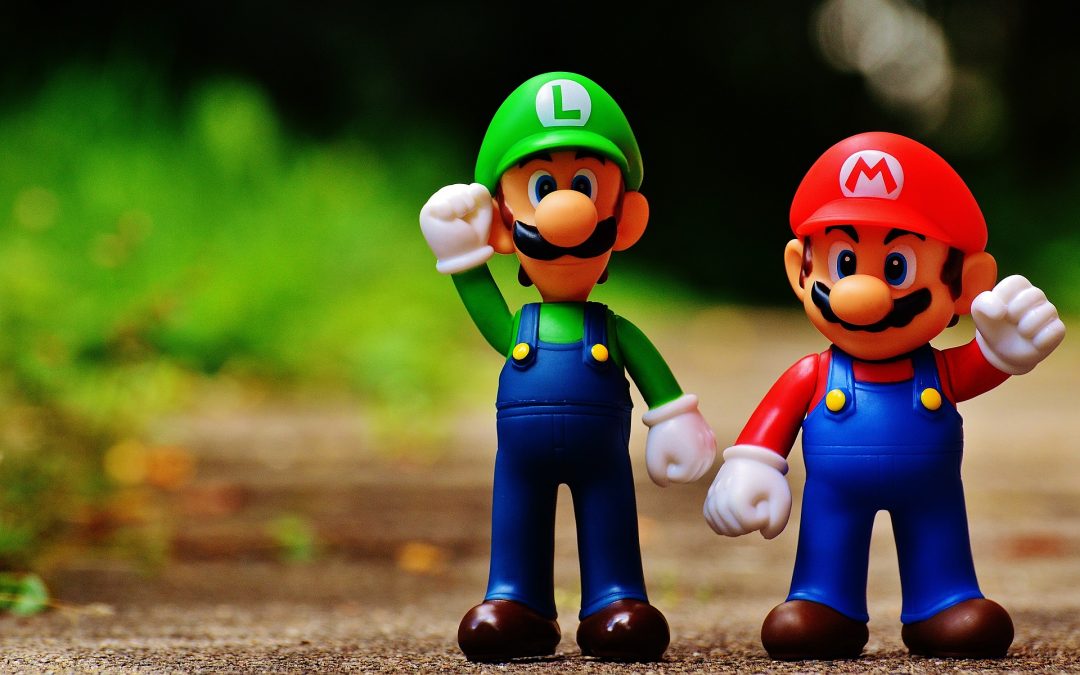
17 Mar 2020 | #COVID-19, #Impact, #OpenScience
As serious as the COVID-19 pandemic is, it could be an opportunity for science, says our editor Benedikt Fecher.
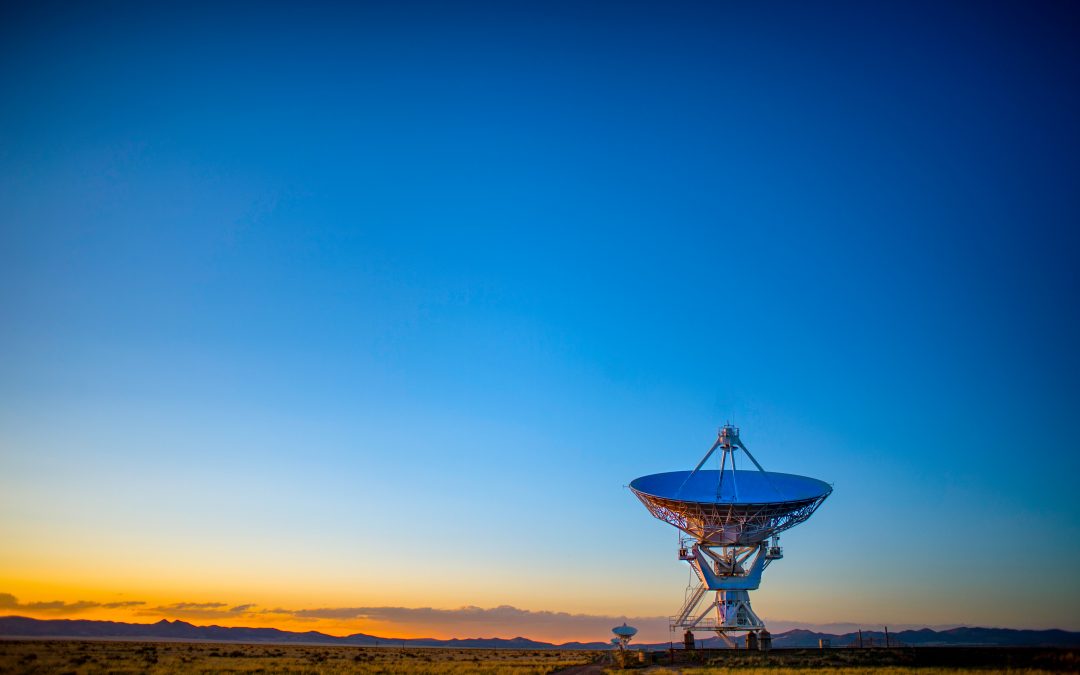
11 Mar 2020 | #Infrastructure, #OpenScience
Dealing with code, robots and specific domain knowledge is a huge challenge. How can we improve the technical infrastructure?

18 Feb 2020 | #Infrastructure, #OpenScience
A number of social, technical and political-economic problems call to rethink the current practice of funding and governing research infrastructures.
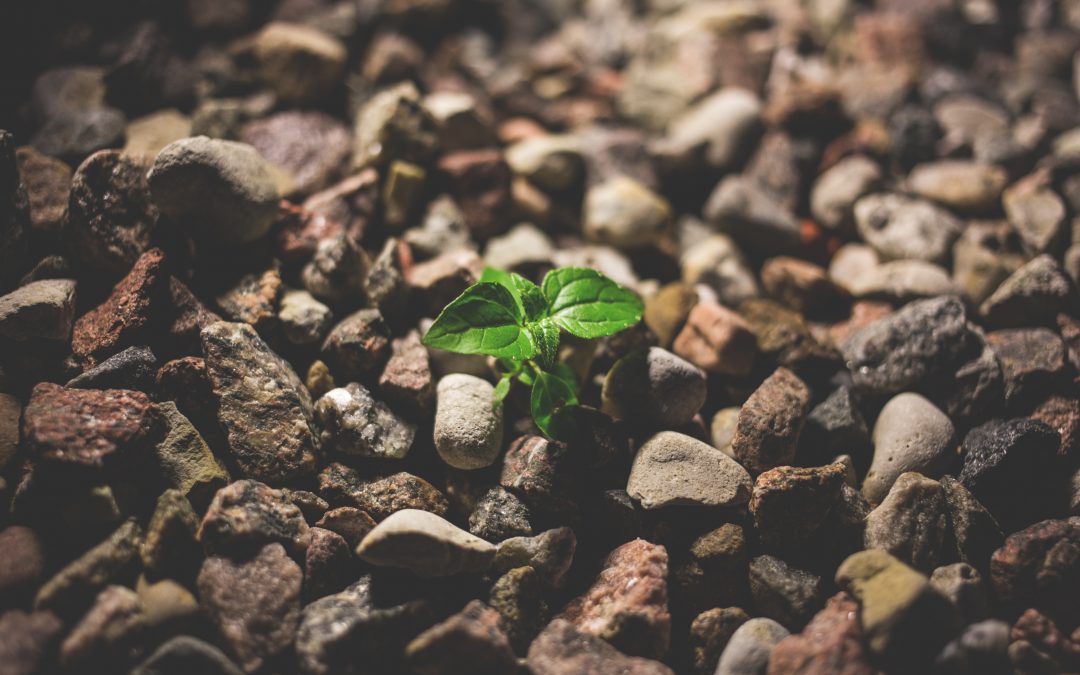
06 Aug 2019 | #OpenScience
Evgeny Bobrov on strategies and approaches to increase the value of biomedical research.
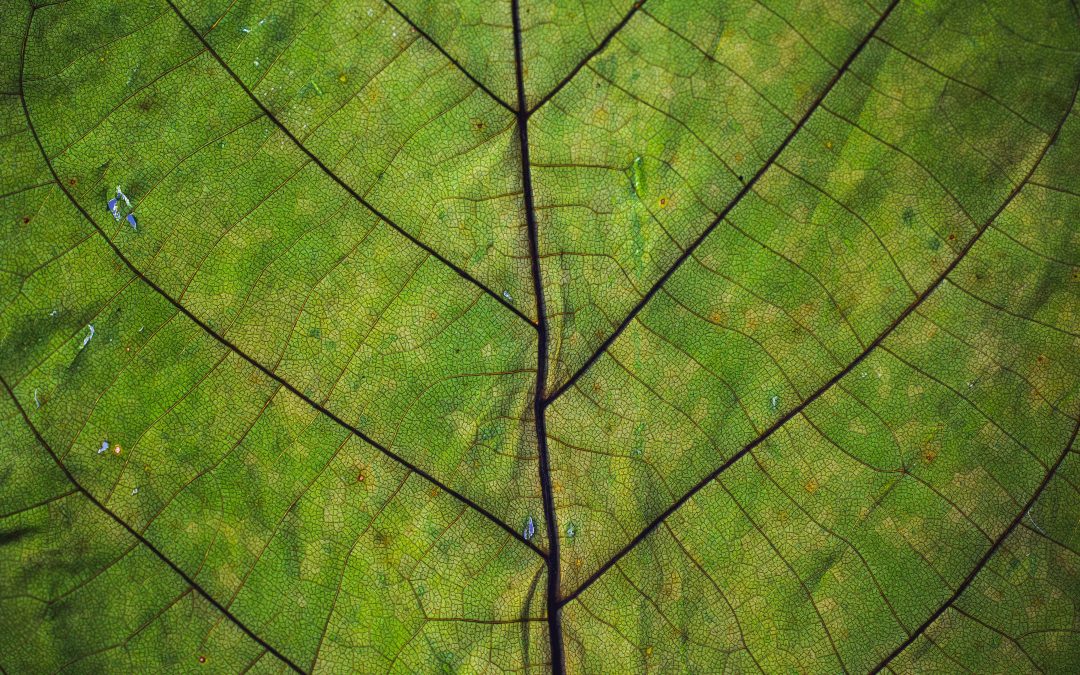
25 Mar 2019 | #GlobalScience, #OpenScience
Martin Etzrodt’s take on the need of distributed organisations in collaborative research.
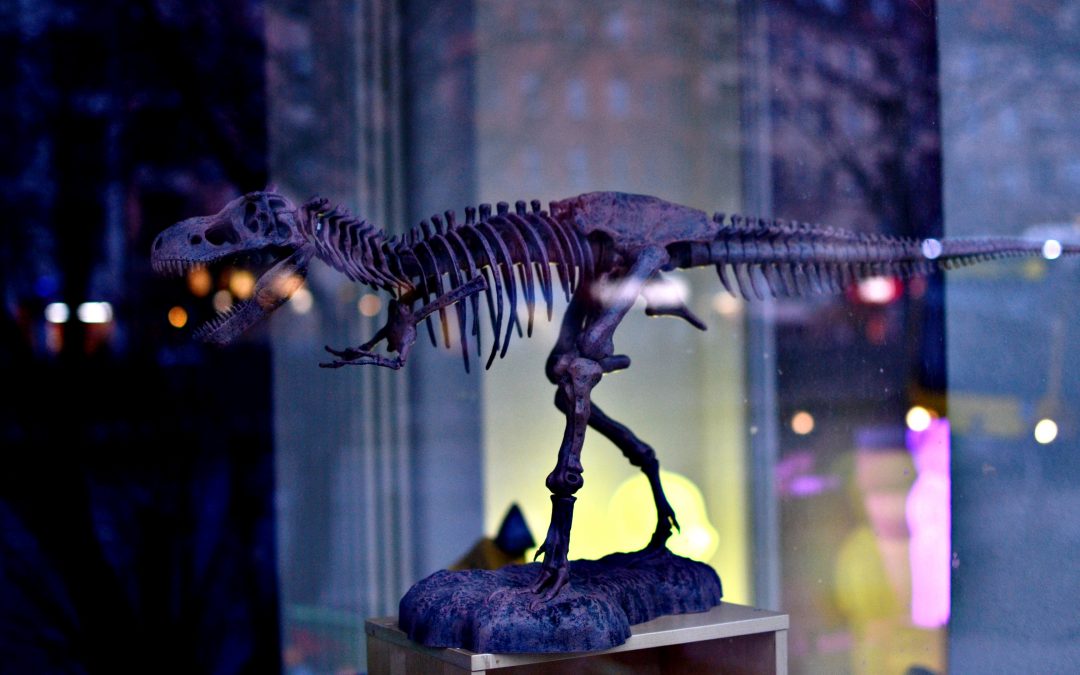
06 Mar 2019 | #OpenScience
Maike Weisspflug about the progress of Open Science at the Natural History Museum of Berlin.

04 Mar 2019 | #OpenScience
Benjamin Missbach about the implementation of Open Innovation Practices at the Ludwig Boltzmann Gesellschaft.

12 Feb 2019 | #OpenScience
Janet Hering’s take on reconnecting academic research with societal needs.

04 Feb 2019 | #OpenScience
An interview with Jeffrey Beall on South Asia and its reputation, a crosspost from Open Interview

23 Jan 2019 | #OpenScience
Marcel Knöchelmann takes a look on the DEAL-Wiley Agreement, details of the contract reveal that this new big deal may come at a high cost.

21 Jan 2019 | #OpenScience
In this article we argue that a debate is urgently needed to redefine what constitutes scientific impact in light of open scholarship.

16 Jan 2019 | #OpenScience
Mikael Laakso explains the necessity of building up a public infrastructure for open access, it’s benefits and the obstacles on the way.

18 Dec 2018 | #OpenScience
In this interview, Heather Ford (Senior Lecturer at UNSW) talks about chances and pitfalls of making African research more visible.
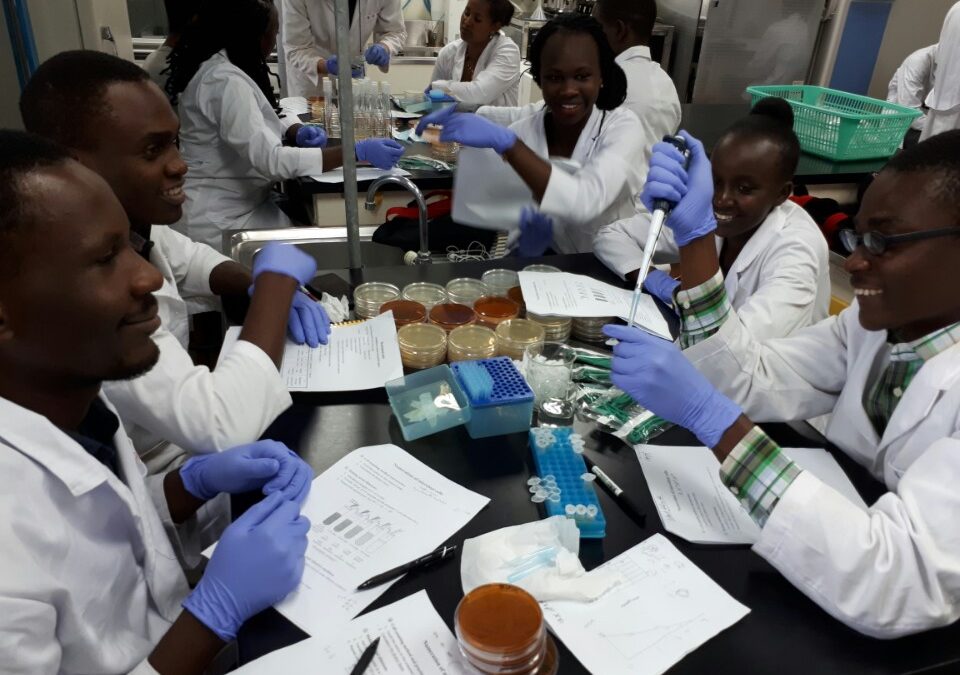
21 Nov 2018 | #OpenScience
Justin Ahinon and Jo Havemann (both founders of AfricArXiv) talk in this article about the development of Open Science Services in Africa, initiatives, the current situation and chances in the future.
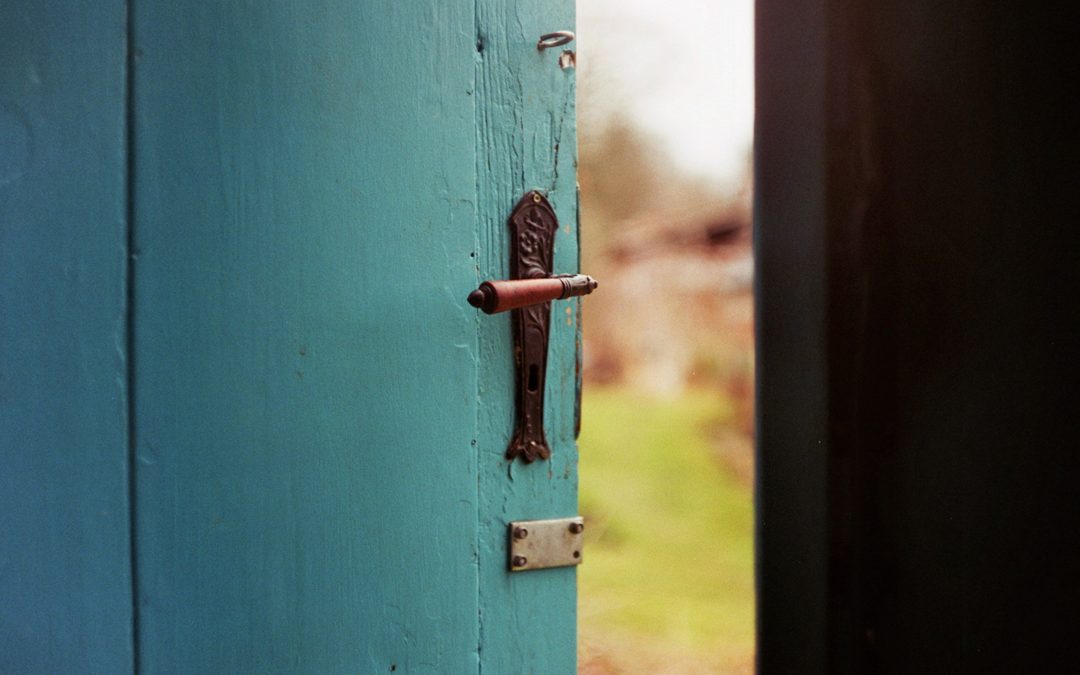
15 Oct 2018 | #OpenScience
Plinio Casarotto takes a look at the future of publishing.
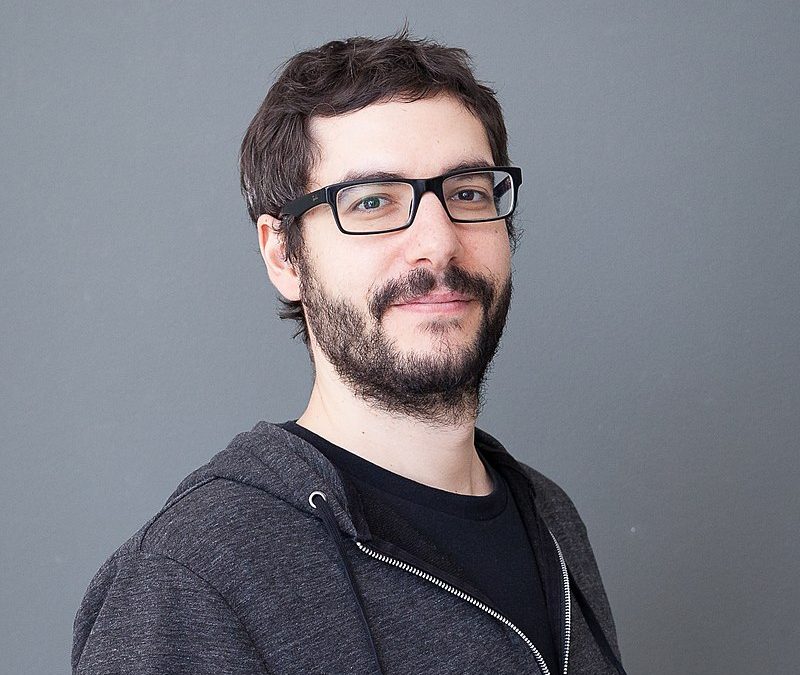
27 Sep 2018 | #OpenScience
Peter Kraker on Google Dataset Discovery, the open science movement, and his #DontLeaveItToGoogle campaign.

03 Sep 2018 | #OpenScience
What exactly is open science? It can be a social justice issue, part of a political capitalist regime or a form of traditional science.
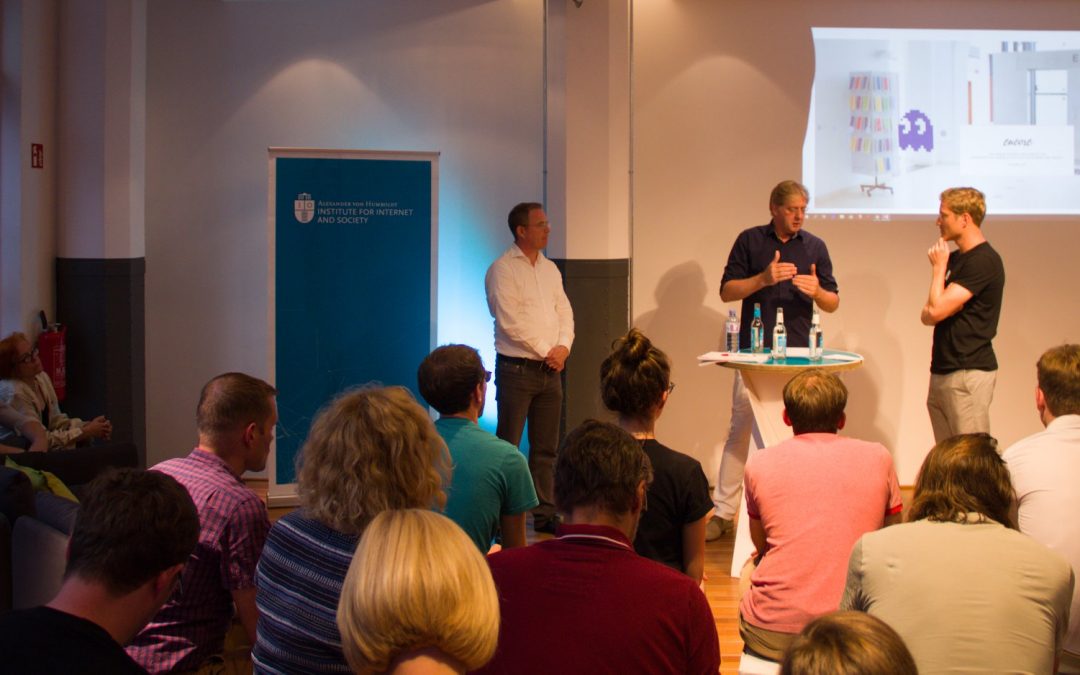
27 Aug 2018 | #OpenScience
Nick Fowler and Gerard Meijer on the future of Open Access in Germany. Will the negotiations continue?































